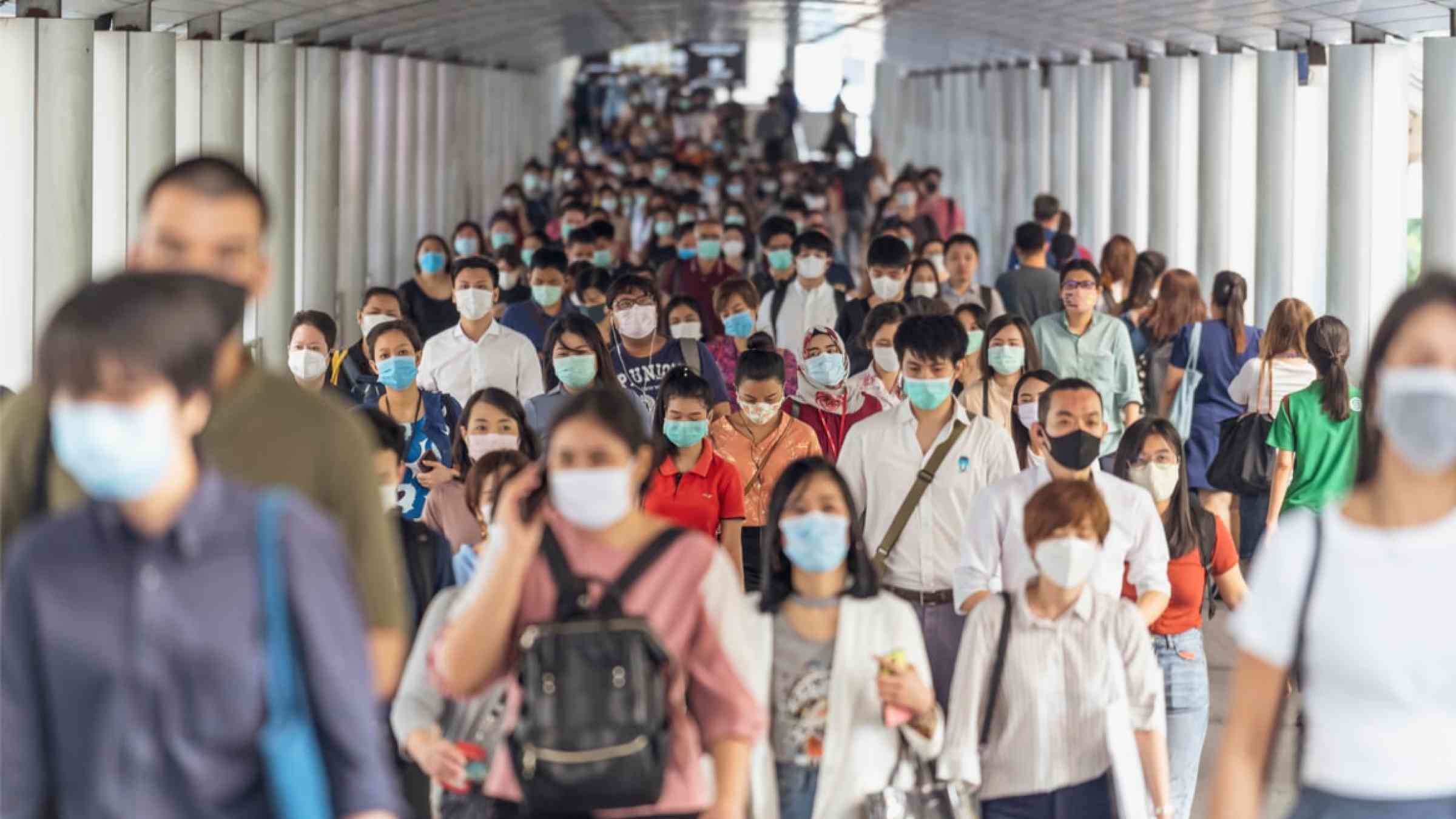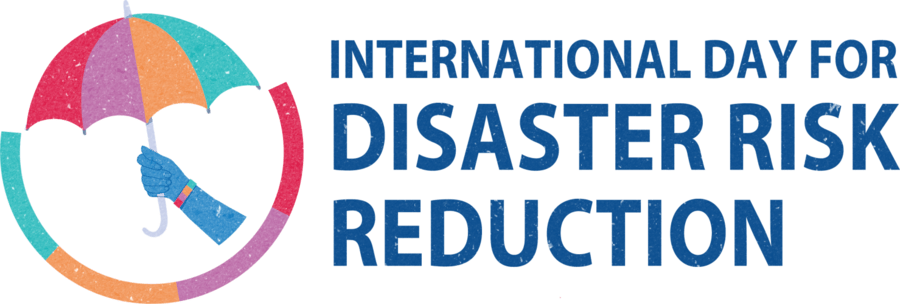The COVID-19 road ahead is long, winding and uncertain

- The pandemic is a long way from being over.
- Science has made, and will continue to make, major contributions to the battle.
- Decisions by governments and individuals will determine how long it is before any form of normality can be approached.
- Any path to the best outcome for all will depend on effective global co-operation.
- The ISC announces a COVID-19 Scenarios Project led by an expert panel to map the possible paths ahead, to inform decisions that will influence the outcome of the pandemic.
It is now more than a year since a novel coronavirus started to spread around the world, and a year since the World Health Organization (WHO) declared a “Public Health Emergency of International Concern” on 30 January 2020. The COVID-19 pandemic has led to unequal responses and unequal impacts. Science has uncovered much about the virus and made extraordinary and unprecedented progress on vaccine development, but there is still great uncertainty as the pandemic continues to evolve. Early vaccines show promise, yet this does not mean the battle is close to being won. We are simply moving to a new phase of the pandemic.
Policy makers and the public are relying overwhelmingly on the availability of effective vaccines to end the COVID-19 pandemic and get back to ‘normality’ with COVID-19 prevention measures such as masks, social distancing and hand-hygiene. However, little attention has been paid to the potential problems with an over-reliance of vaccines, hence, there is a need to identify plausible ‘endgame scenarios’, leading to the development of related mitigation pathways.
The International Science Council (ISC) formed a COVID-19 expert group to discuss the endgame scenarios around the pandemic. What emerged was the need for a COVID-19 Scenarios project. An article in The Lancet finds that:
What emerges next will depend on the ongoing evolution of the virus, on the behaviours of citizens, on the decisions of governments, on progress in medical science, and on the extent to which the international community can stand together in its efforts to defeat the virus.
A reality check
The virus can probably never be globally eradicated, because of its presence in many animals (including cats and dogs) and because of incomplete vaccine coverage, so ongoing strategies for dealing with endemic presence in populations over the long-term will be needed. We do not yet know if and when revaccination will be required.
The world probably still has many years of active decision making to handle this pandemic – there is no quick solution available at present.
With such uncertainties, the only thing we can be sure about is that we should not extrapolate from recent scientific victories on diagnostics, vaccines or treatments to assuming the battle is close to being won. Rather we have a long and winding road ahead, with an uncertain destination. The decisions of global agencies and governments, as well as the behaviours of citizens in every society, will greatly affect the road ahead. There are many possible outcomes.
Possible COVID-19 endgame scenarios lie between two extremes
At one extreme might be our most optimistic “One World” scenario, in which new generation vaccines are effective against all variants of the virus (including those that may yet emerge) and viral control is pursued effectively in every country, in a coordinated effort to achieve global control. Even with international cooperation and adequate funding, this would inevitably take a long time to achieve.
At the other extreme is a sadly pessimistic “Divided World” scenario, in which viral mutants emerge repeatedly with the ability to escape vaccine immunity, so that only rich countries can respond by rapidly manufacturing adapted vaccines for multiple rounds of population reimmunization in pursuit of national control – while the rest of the world struggles with repeated waves and vaccines that are not sufficiently effective against newly circulating viral variants. Here, even in wealthy countries, the path to normality in society and business would be much longer.
And there are many other intermediate or alternate destinations.
The COVID-19 Scenarios Project
The ISC as the independent, global voice for science, encompassing the natural, medical, social and data sciences, believes it is critical that the range of scenarios over the mid- and long-term is explored to assist our understanding of the options that will make better outcomes more likely.
In developing its COVID-19 Scenarios Project, the ISC has consulted with both the WHO and the United Nations Office for Disaster Risk Reduction (UNDRR). The Council has established a multidisciplinary Oversight Panel, including world experts in relevant disciplines, to work with a technical team to produce the scenario map.
The Panel will report within six months to the global community, on the possible scenarios that lie ahead over the next 3-5 years, and on the implications of choices to be made by governments, agencies and citizens that can provide a pathway to an optimistic outcome for the world.
